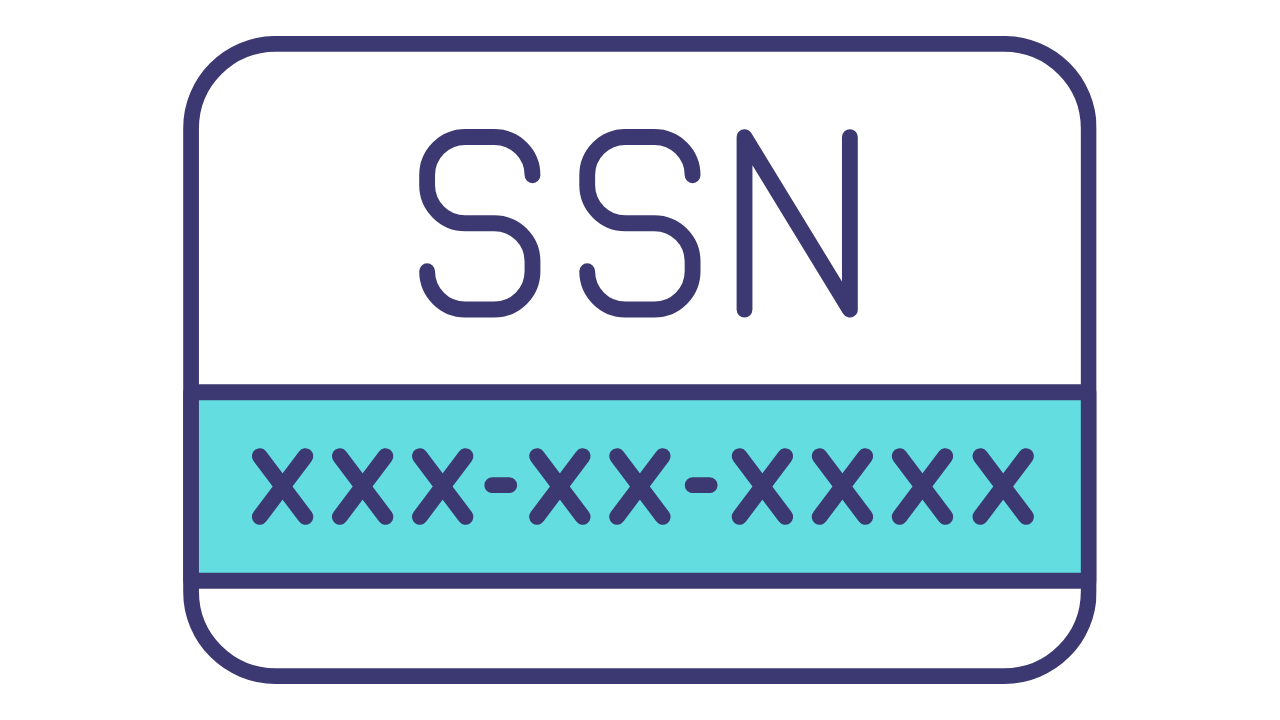In today’s digital age, social media significantly influences many aspects of our lives—including employment. Understanding the role of social media in background checks, employers are increasingly turning to Hireshield’s screening as part of their hiring process. The role of social media in background checks has grown, allowing employers to gain deeper insights into candidates beyond traditional resumes and interviews. While these checks provide valuable information about a candidate’s background, interests, and personality, it’s crucial for employers to understand the benefits, legal boundaries, and ethical considerations involved.
Social media screening typically includes examining publicly accessible profiles on platforms such as LinkedIn, Facebook, X, Instagram, and TikTok. Understanding how social media contributes to background checks, employers look for information that confirms candidate qualifications. They also seek information that reveals characteristics relevant to their potential role within the company. LinkedIn profiles may help verify professional credentials, experience, and skills. On the other hand, platforms like Facebook, Twitter, and Instagram can reveal insights into a candidate’s interpersonal skills. They show communication style, personal interests, and general character, which are essential for assessing cultural fit.
Employers benefit from social media screening because it offers a more comprehensive view of a candidate. While resumes showcase professional achievements and qualifications, social media provides additional context. For example, how candidates interact socially or manage their public persona. By understanding the role that social media plays in such background checks, employers can better predict how an individual might fit within their organizational culture. They can also assess team dynamics, ultimately aiding in reducing employee turnover and enhancing workplace harmony.
However, employers must navigate this practice responsibly and legally. Social media screening presents certain legal risks, particularly regarding discrimination. The Equal Employment Opportunity Commission (EEOC) prohibits making hiring decisions based on protected characteristics. These include race, gender, religion, age, disability, and political affiliations. To ensure compliance, employers should define which types of social media information are permissible. Additionally, training hiring managers to recognize and avoid biases or discrimination based on social media content is essential to maintaining fairness and legal compliance.
Privacy is another critical concern related to social media screening. Candidates often perceive background checks on social media as intrusive. To address privacy issues responsibly, employers should limit their screening to publicly accessible information. Hiring teams should disclose social media reviews during the hiring process. Establishing transparent guidelines is also important. Open communication helps build trust between potential employees and the organization. This ultimately contributes positively to the employer brand, highlighting how social media plays a crucial role in background checks.
Context matters greatly in social media screening. Posts or comments made online can easily be misunderstood or taken out of context. A single questionable post may not reflect a candidate’s overall behavior or true character. Employers must remain objective, considering the timing, frequency, and context of social media activity. Evaluating findings with fairness ensures that candidates are judged accurately, avoiding misguided conclusions based on isolated incidents. Thus, acknowledging the role social media plays in background checks is vital for objectivity.
Consistency is also critical. Employers should apply social media screening uniformly across all candidates. Having clear, standardized guidelines on what is considered relevant and permissible for hiring decisions prevents claims of unfair treatment or bias. Lastly, consistency is critical. With Hireshield, every candidate is evaluated against the same standards. This approach promotes fairness in utilizing social media for background checks.
In conclusion, social media screening can significantly enhance the hiring process by offering employers valuable insights into candidate suitability and organizational fit. Understanding how social media can play a role in background checks allows employers to balance the benefits against legal and ethical responsibilities. By clearly defining screening guidelines and ensuring transparency, companies can leverage social media screening responsibly and effectively. Protecting candidate privacy and consistently applying evaluations is also important.




